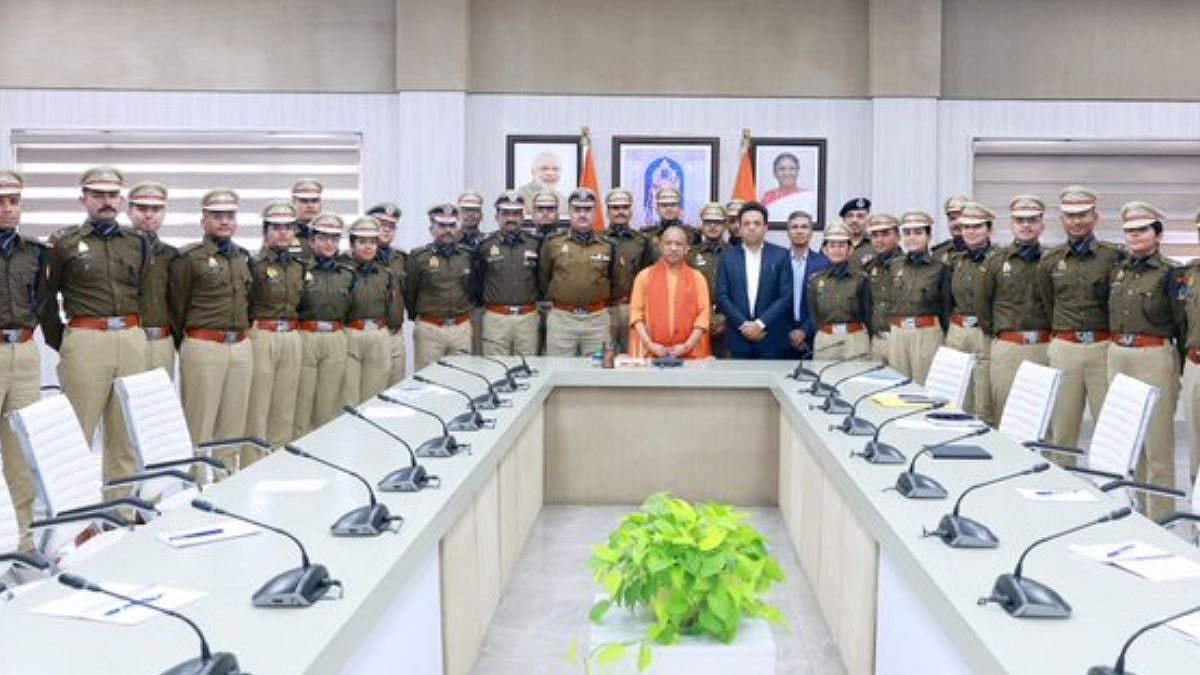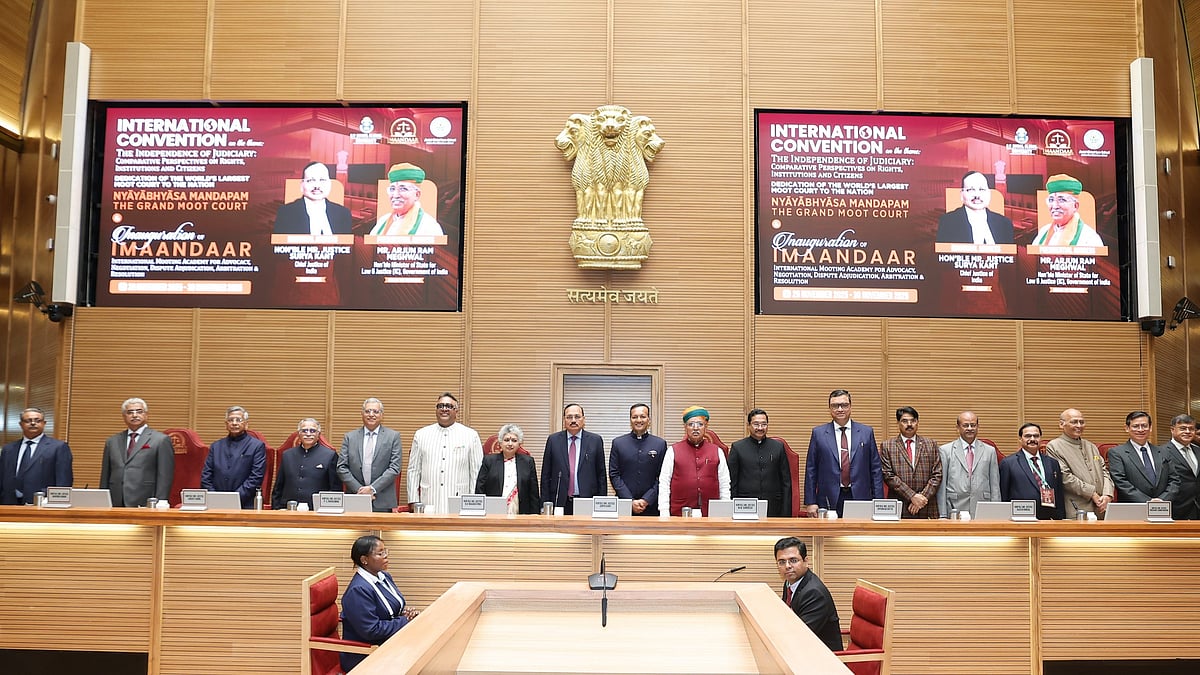Children below the age of 2 years should not be exposed to any type of screen with the exception of occasional video call with relatives.
Screen time for children between the age of 2 and 5 years should not exceed 1 hour, the lesser, the better.
For older children and adolescents, it is important to balance screen time with other activities that are required for overall development. These activities include an hour of physical activity, play time, adequate duration of sleep, recommended sleep time varies with age, for example, adolescents require 8–9 hours of uninterrupted sleep at night, and time for schoolwork, meals, hobbies, and family time. If any of these activities is displaced due to screen use, then it is called excessive screen time and it should be reduced.
Not many parents are aware of these guidelines recommended by the Parent Guideline Committee of the Indian Academy of Pediatrics. Certainly not Mahima, the mother of a 5-year-old who gets violent, screams, cries and throws a tantrum if she is denied a mobile phone or the phone is taken away from her. Mahima is easily one among many parents vying with screens for attention from their children who exhibit mood swings and violent behaviour when deprived of screen time.
Rise in 'virtual autism'
Paediatric occupational therapist Dr Kruti Gala, gold medallist in Bachelors of Occupational Therapy from Topiwala National Medical College affiliated to Mumbai’s Nair Hospital, has seen a significant rise in patients with the above symptoms, at least 30-40 % in the post-Covid period. Parents come to her clinic with children displaying autism-like symptoms that include poor language skills, lack of eye contact, less tolerance, lack of social connect skills.
“Children spending countless hours on screen, be it television, computer, tablets or mobile phones, start exhibiting symptoms which has loosely been termed ‘virtual autism’, which is actually a reversible condition as against autism spectrum, ” Dr Gala explains.
Prasad did not understand what was wrong with his 4-year-old when his teacher called him to meet her and suggested a visit to a therapist for his son’s violent behaviour in class when asked to share and connect socially with other children of his class.
Parents lack awareness
Most parents, Dr Gala informs, walk into her clinic either clueless or in denial that something is wrong with their child, and do not even realise that the ubiquitous mobile phone they have so lovingly provided for their wards and who sit with their eyes glued to screens, make them lonely, isolated. The most common symptoms noted in such children are instant gratification – with 4G-5G available at fingertips, any window they seek instantly opens up, so the children do not understand the concept of waiting, a tendency which spills over when they are, say, in a park waiting for their turn at the swing. If they don’t get whatever they want immediately, they tend to get violent, show aggressive behaviour and start pushing or hitting their classmates, like Prasad’s son Nikhil did.
Overexposure to screen at a tender age during brain development is likely to increase the risk of what is termed digital dementia, according to an article published by Laurie Manwell and others in PubMed, scientific literature offered to the public by the U.S. National Library of Medicine, NLM.

Regulated screen time for children
China is proposing a regulation to prevent internet addiction by limiting children younger than 8 to 40 minutes of smartphone time a day with the limit increasing with age reaching two hours daily for those aged 16-18, according to a NYT report.
Should India too have similar a policy? Prerna, the mother of 3-year-old Parth, from Ahmedabad wholeheartedly and vehemently insists that we should have a strict policy, a copy of which should be posted on the walls of every paediatrician’s clinic.
Parth is a Covid baby, as Prerna puts it, born in 2020. With both parents working from home, no support system and their child left to the mercy of a mobile screen, they realised Parth would talk only in English, and utter words that he heard on the screen. Even the school they enrolled him in, resorted to YouTube to teach children alphabets and numbers. Worried with his development or lack of, she consulted 15-17 paediatricians who thought he was normal. "Almost 70 percent of children in his class show similar behaviour," she informs.
Condition reversal with therapies
It was only when Prerna contacted her friend Dr Gala, did she realise the harmful effects of the screen time she was forced to expose her child to due to her limitations. Prerna has since quit her job and has devoted her time to her son’s development with zero screen time and sessions of therapy. She is lucky her son, who used to spend around six hours watching screen, did not throw a tantrum or turn aggressive after going from six to zero screen time, he has shown a remarkable improvement in his speaking skills and is happy with all the diversions that do not include a screen.
Prerna is fortunate she could reverse the ‘virtual autism’ her son faced with sessions of therapy in three months showing good results; but not all parents are aware, leave alone seek remedy, for such conditions experienced by their wards.
Dr Gala, too, emphasises the need for a restrictive policy if we have to protect the future generations from ‘digital dementia’. FPJ’s efforts to contact the Ministry of Women’s and Child Welfare did not yield any result.
(Names of parents and children have been changed to protect identity)












